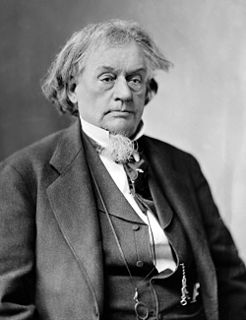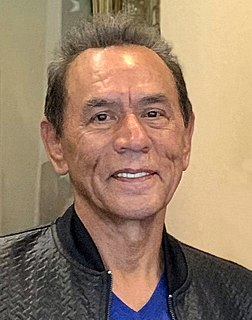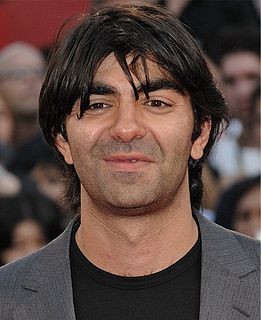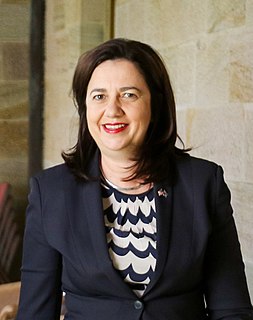A Quote by Justin Kan
Broadcasting something live from a remote site has always been the sole domain of large media corporations with access to satellite trucks.
Related Quotes
Creativity builds upon the public domain. The battle that we're fighting now is about whether the public domain will continue to be fed by creative works after their copyright expires. That has been our tradition but that tradition has been perverted in the last generation. We're trying to use the Constitution to reestablish what has always been taken for granted--that the public domain would grow each year with new creative work.
Thinking about free speech brought me to media regulation, as Americans access so much of their political and cultural speech through mass media. That led me to work on the FCC's media ownership rules beginning in 2005 to fight media consolidation, working with those at Georgetown's IPR, Media Access Project, Free Press, and others.
The Paycheck Protection Program has been vital to helping our small businesses and workers weather the coronavirus pandemic. Yet this program has operated with little oversight, and we've seen Kansas small businesses owners struggle to access relief while large corporations with deep pockets have no problem.



































